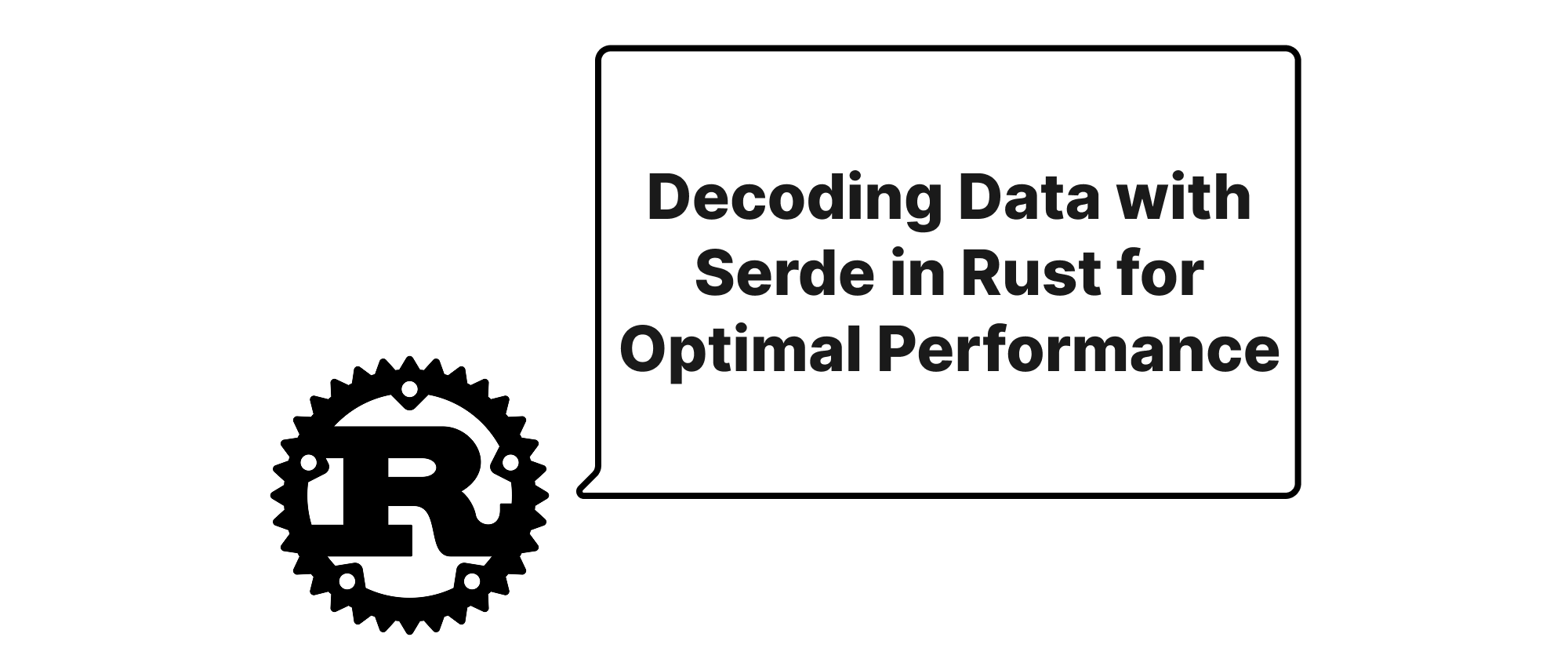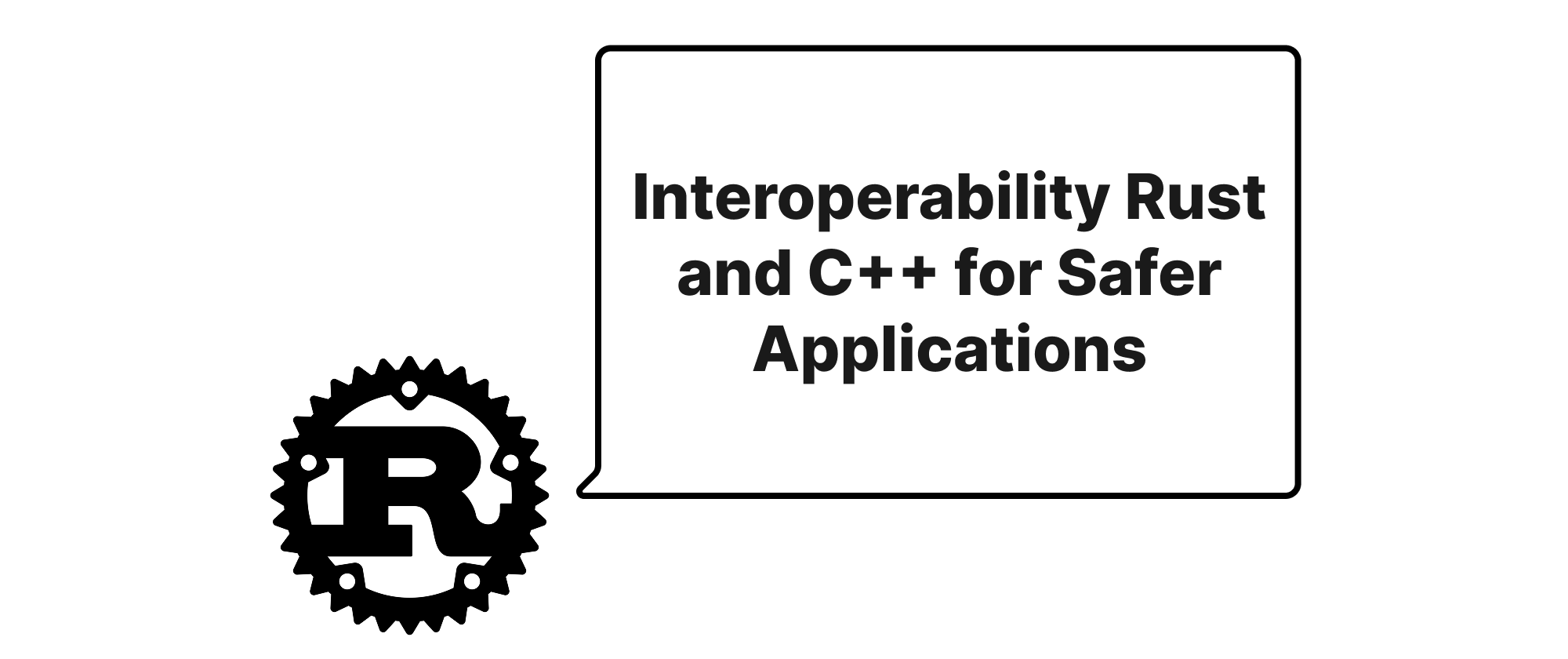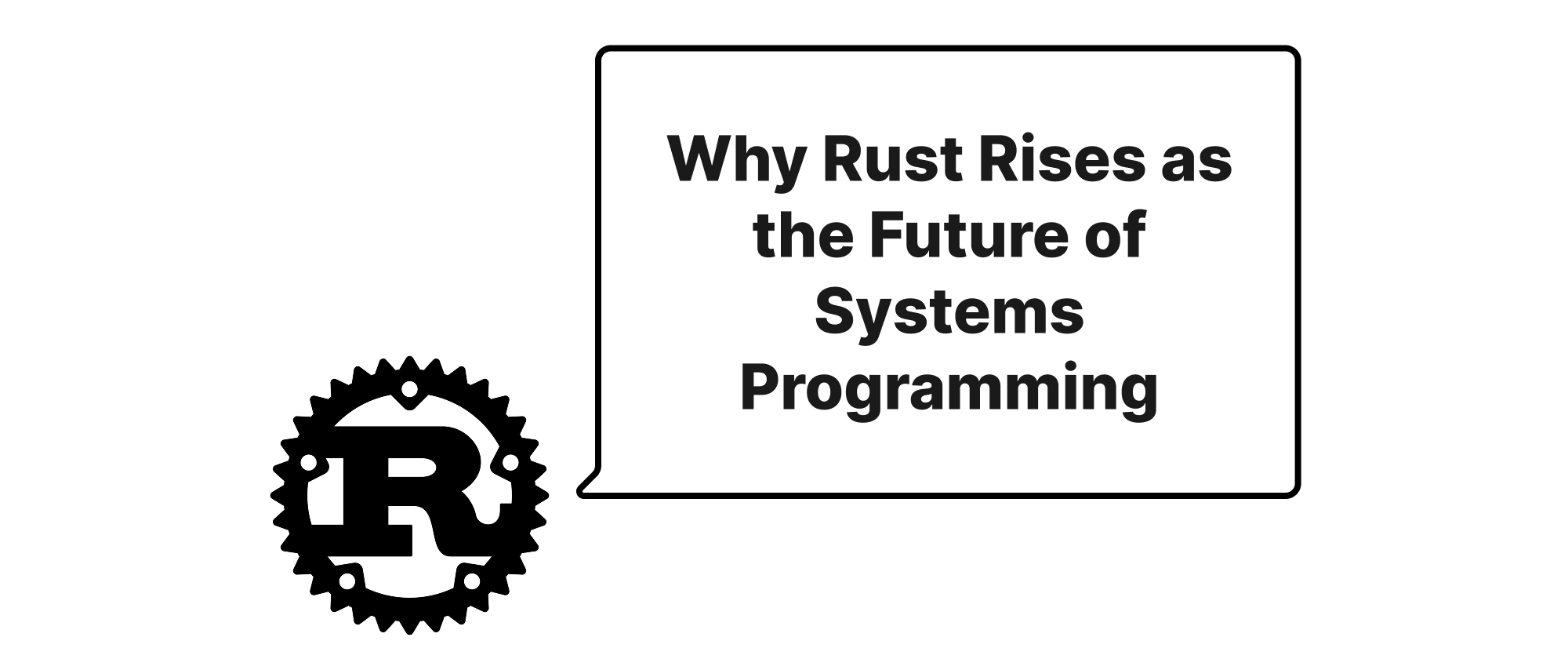Decoding Data with Serde in Rust for Optimal Performance
Olivia Novak
Dev Intern · Leapcell

Introduction: The Undersung Hero of Data Interchange
In the sprawling landscape of modern software development, data interchange is a ubiquitous and critical operation. Whether you're building a web API, configuring your application, or storing complex game states, the ability to efficiently convert structured data into a format suitable for transmission or storage, and then faithfully reconstruct it, is paramount. JSON, TOML, and YAML have emerged as popular choices due to their human-readability and widespread tool support. However, simply using these formats isn't enough; performance is often a key differentiator, especially in high-throughput or resource-constrained environments.
Traditional approaches to parsing and generating these formats can often be a bottleneck, introducing significant overhead through manual string manipulation, reflection, or inefficient data structures. Rust, with its focus on performance, memory safety, and zero-cost abstractions, demands a solution that aligns with its core principles. This is where Serde steps in – an indispensable framework that elevates data handling in Rust to an art form, allowing developers to achieve blazing-fast serialization and deserialization without sacrificing type safety or developer ergonomics. This article will thoroughly explore Serde, unveiling its mechanisms and demonstrating how it empowers Rust applications to manage JSON, TOML, and YAML data with unparalleled efficiency.
Deconstructing Data with Serde
At its core, Serde is a framework for serializing and deserializing Rust data structures. But what exactly do these terms mean, and how does Serde achieve its impressive performance?
Core Terminology:
- Serialization: The process of converting a Rust data structure (like a
structorenum) into a format that can be stored or transmitted. Think of it as "flattening" your structured data into a sequence of bytes. - Deserialization: The reverse process: taking data from an external format (e.g., a JSON string) and reconstructing it into a Rust data structure. This is "re-inflating" the flattened data back into its original, strongly typed form.
- Serde: A portmanteau of "Serializer" and "Deserializer." It is not a single library, but rather a robust, extensible framework comprising the
serdecrate (which defines the core traits), and numerousserde_derive(for automatic implementation via macros) andserde_*crates (for specific data formats likeserde_json,serde_yaml,serde_toml).
How Serde Works:
Serde's power lies in its trait-based design and a sophisticated derive macro (#[derive(Serialize, Deserialize)]). Instead of knowing the specifics of how to convert a Product struct to JSON or a Config struct to YAML, Serde relies on these traits:
serde::Serialize: This trait defines how a Rust type can be converted into an intermediate, genericSerializerformat. When you deriveSerializefor your struct, the macro generates code that tells Serde how to traverse your struct's fields and feed them to anySerializerimplementation.serde::Deserialize: This trait defines how a Rust type can be constructed from an intermediate, genericDeserializerformat. Similarly, derivingDeserializegenerates code that outlines how to receive data from aDeserializerand populate your struct's fields.
The key insight is that serde_json, serde_yaml, and serde_toml are all implementations of the Serializer and Deserializer traits for their respective formats. This decoupling means your data structures don't need to know anything about JSON or YAML; they just need to implement Serialize and Deserialize. Serde then acts as a bridge, connecting your generic Rust types to specific format implementations.
Performance Advantages:
- Compile-Time Code Generation: The
serde_derivemacro generates the serialization/deserialization logic at compile time. This means zero runtime overhead for reflection (unlike many other languages), resulting in extremely fast marshaling and unmarshaling. - No Intermediate Allocations (Often): For many common operations, Serde strives to minimize or avoid intermediate allocations. For example,
serde_jsoncan often parse directly into your struct without first building an intermediate DOM (Document Object Model) likeserde_json::Value. - Optimized Format-Specific Implementations: The format-specific crates (like
serde_json) are highly optimized for their respective formats, often leveraging low-level parsing techniques and efficient data structures. - Borrowing for Zero-Copy: For deserialization, Serde can often borrow directly from the input string (e.g.,
&str) instead of making a new allocation for owned strings (String). This "zero-copy" deserialization is incredibly efficient.
Practical Examples:
Let's illustrate Serde with code examples for JSON, TOML, and YAML.
First, ensure you have the necessary dependencies in your Cargo.toml:
[dependencies] serde = { version = "1.0", features = ["derive"] } serde_json = "1.0" serde_yaml = "0.9" # Note: Yaml is newer; 0.8 or 0.9 are common serde_derive = "1.0" toml = "0.8" # The `toml` crate itself supports Serde
(Note: serde_derive is often implicitly handled when you use features = ["derive"] with serde, but it's good practice to be explicit or at least aware.)
Example 1: JSON Operations with serde_json
Let's define a simple Product struct.
use serde::{Serialize, Deserialize}; use serde_json; #[derive(Serialize, Deserialize, Debug)] struct Product { id: u32, name: String, price: f64, tags: Vec<String>, #[serde(default)] // If `is_available` is missing in JSON, default to false. is_available: bool, } fn main() -> Result<(), Box<dyn std::error::Error>> { // 1. Serialization to JSON let product_to_serialize = Product { id: 123, name: "Mechanical Keyboard".to_string(), price: 99.99, tags: vec!["peripherals".to_string(), "gaming".to_string()], is_available: true, }; let json_string = serde_json::to_string_pretty(&product_to_serialize)?; println!("Serialized JSON:\n{}", json_string); // 2. Deserialization from JSON let json_data = r#" { "id": 456, "name": "Wireless Mouse", "price": 49.50, "tags": ["peripherals", "ergonomic"] } "#; // Note: `is_available` is missing, will default due to `#[serde(default)]` let deserialized_product: Product = serde_json::from_str(json_data)?; println!("\nDeserialized Product: {:?}", deserialized_product); assert!(!deserialized_product.is_available); // Verify default value Ok(()) }
Explanation:
#[derive(Serialize, Deserialize, Debug)]: These macros automatically implement theSerializeandDeserializetraits for ourProductstruct, making it ready for Serde.Debugis for easy printing.serde_json::to_string_pretty: Serializes theProductinstance into a pretty-printed JSON string.to_stringwould produce a compact, single-line string.serde_json::from_str: Deserializes a JSON string into aProductinstance.#[serde(default)]: A powerful attribute that allows you to specify that if a field is missing during deserialization, it should be initialized with its type's default value (e.g.,falseforbool, emptyVecforVec).
Example 2: TOML Operations with the toml crate
The toml crate comes with full Serde support out of the box.
use serde::{Serialize, Deserialize}; use toml; // Just `toml`, not `serde_toml` directly for the main crate #[derive(Serialize, Deserialize, Debug)] struct ServerConfig { host: String, port: u16, #[serde(rename = "max_connections")] // Map TOML key to Rust field name max_conns: Option<u32>, // Optional field enabled_features: Vec<String>, } fn main() -> Result<(), Box<dyn std::error::Error>> { // 1. Deserialization from TOML let toml_data = r#" host = "127.0.0.1" port = 8080 max_connections = 1000 enabled_features = ["auth", "logging", "metrics"] "#; let config: ServerConfig = toml::from_str(toml_data)?; println!("Deserialized TOML Config:\n{:?}", config); assert_eq!(config.host, "127.0.0.1"); // Test with missing optional field let toml_data_no_max_conns = r#" host = "localhost" port = 3000 enabled_features = [] "#; let config_no_max_conns: ServerConfig = toml::from_str(toml_data_no_max_conns)?; println!("\nDeserialized TOML Config (no max_connections):\n{:?}", config_no_max_conns); assert_eq!(config_no_max_conns.max_conns, None); // 2. Serialization to TOML let config_to_serialize = ServerConfig { host: "0.0.0.0".to_string(), port: 443, max_conns: Some(500), enabled_features: vec!["tls".to_string(), "compression".to_string()], }; let toml_string = toml::to_string(&config_to_serialize)?; println!("\nSerialized TOML:\n{}", toml_string); Ok(()) }
Explanation:
toml::from_strandtoml::to_stringare the primary functions for TOML I/O.#[serde(rename = "max_connections")]: This attribute is crucial when the field name in your Rust struct (e.g.,max_conns) differs from the key name in the TOML file (e.g.,max_connections). Serde handles the mapping seamlessly.Option<u32>: Serde naturally handlesOptiontypes. Ifmax_connectionsis present in the TOML, it's deserialized intoSome(value); otherwise, it becomesNone. During serialization,Nonefields are omitted.
Example 3: YAML Operations with serde_yaml
YAML, being a superset of JSON, also integrates smoothly with Serde.
use serde::{Serialize, Deserialize}; use serde_yaml; #[derive(Serialize, Deserialize, Debug)] enum PaymentMethod { CreditCard { number: String, expiry: String }, PayPal { email: String }, BankTransfer, } #[derive(Serialize, Deserialize, Debug)] struct Order { order_id: String, items: Vec<String>, total_amount: f64, customer_email: String, payment: PaymentMethod, } fn main() -> Result<(), Box<dyn std::error::Error>> { // 1. Serialization to YAML let order_to_serialize = Order { order_id: "ORD-2023-001".to_string(), items: vec!["Rust Book".to_string(), "Serde Sticker".to_string()], total_amount: 55.00, customer_email: "jane.doe@example.com".to_string(), payment: PaymentMethod::CreditCard { number: "1234-XXXX-XXXX-5678".to_string(), expiry: "12/25".to_string(), }, }; let yaml_string = serde_yaml::to_string(&order_to_serialize)?; println!("Serialized YAML:\n{}", yaml_string); // 2. Deserialization from YAML let yaml_data = r#" order_id: ORD-2023-002 items: - "Rust Mug" - "Cargo Hat" total_amount: 32.75 customer_email: "john.smith@example.com" payment: PayPal: email: "john.smith@example.com" "#; let deserialized_order: Order = serde_yaml::from_str(yaml_data)?; println!("\nDeserialized Order: {:?}", deserialized_order); // 3. Deserialization with a different enum variant (BankTransfer) let yaml_data_bank_transfer = r#" order_id: ORD-2023-003 items: ["Online Course"] total_amount: 199.99 customer_email: "alice.wonder@example.com" payment: BankTransfer "#; let deserialized_order_bank: Order = serde_yaml::from_str(yaml_data_bank_transfer)?; println!("\nDeserialized Order (BankTransfer): {:?}", deserialized_order_bank); Ok(()) }
Explanation:
serde_yaml::to_stringandserde_yaml::from_strare the functions for YAML I/O.- Enums in Serde: Serde provides excellent support for Rust enums.
- Unit variants (e.g.,
BankTransfer) are serialized as simple strings. - Newtype variants (e.g.,
PayPal { email: String }) are serialized as objects with the variant name as the key and its contents as the value. - Tuple variants and Struct variants (e.g.,
CreditCard { number: String, expiry: String }) follow similar patterns, being represented as objects or arrays. This allows for rich, self-describing data structures.
- Unit variants (e.g.,
Advanced Serde Features and Customization:
Serde is incredibly flexible and offers many attributes for fine-grained control:
#[serde(rename_all = "camelCase")]: For structs, applies a naming convention to all fields (e.g.,myFieldin JSON/TOML/YAML,my_fieldin Rust).#[serde(skip_serializing_if = "Option::is_none")]: Omits optional fields from serialization if they areNone.#[serde(with = "my_module")]: For custom serialization/deserialization logic for specific types, allowing you to defineserializeanddeserializefunctions withinmy_module.#[serde(default = "my_default_fn")]: Provides a custom function to call if a field is missing during deserialization.- Custom Implementations: For truly complex or performance-critical scenarios, you can manually implement the
SerializeandDeserializetraits, giving you maximum control over the process. This is rarely needed for common use cases due to Serde's powerful derives.
Application Scenarios:
Serde's capabilities make it ideal for a vast range of applications:
- RESTful APIs: Building high-performance web services that exchange JSON data.
- Configuration Files: Easily parsing and generating application settings in TOML or YAML.
- Data Serialization: Storing application state, game saves, or inter-process communication data efficiently.
- Log Processing: Deserializing structured logs for analysis.
- Interfacing with Other Languages: Converting Rust data to formats understood by Python, Node.js, etc., and vice-versa.
Conclusion: Serde Slices Through Data Bottlenecks
Serde truly stands as a cornerstone of the Rust ecosystem for data handling. By leveraging compile-time code generation, a flexible trait system, and highly optimized format-specific implementations, it delivers unparalleled performance for serialization and deserialization of JSON, TOML, YAML, and many other formats. It abstracts away the tedious and error-prone work of manual parsing, allowing developers to focus on the business logic while ensuring type safety and zero-cost abstractions. For any Rust application dealing with structured data, Serde isn't just a convenience; it's a fundamental tool for achieving robustness, efficiency, and developer productivity. Serde empowers Rust developers to handle data interchange with absolute confidence and blazing speed.


